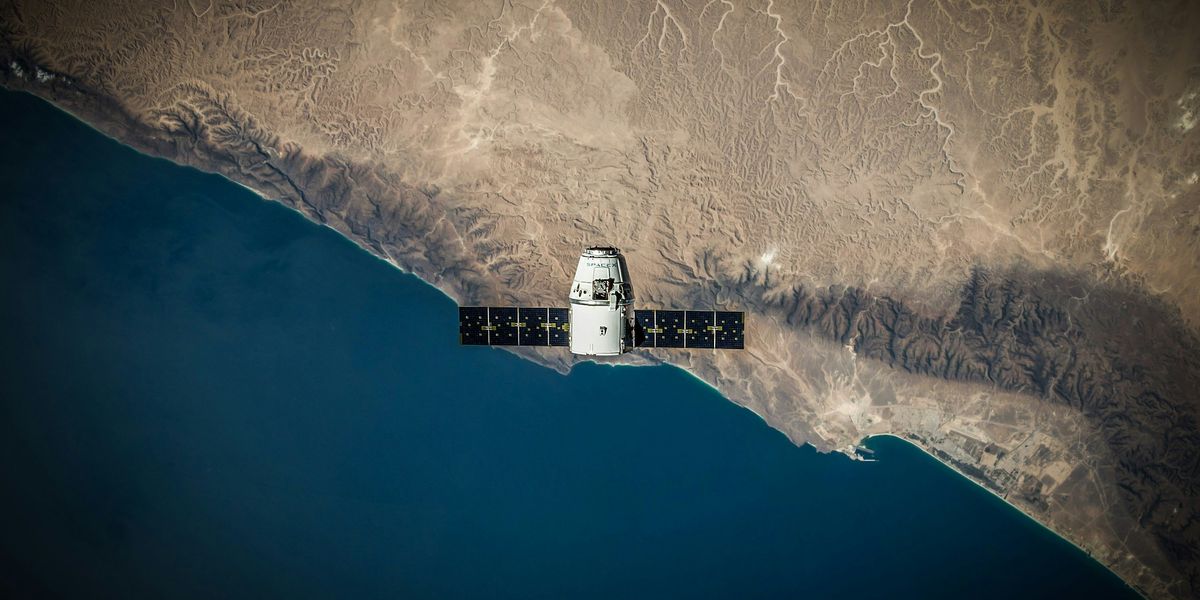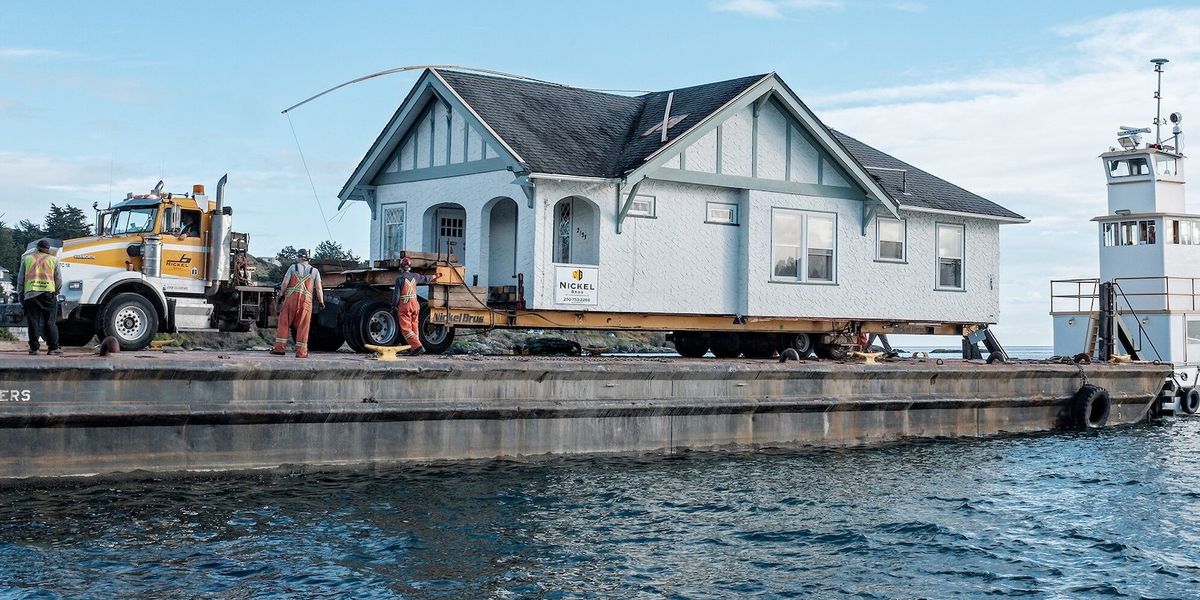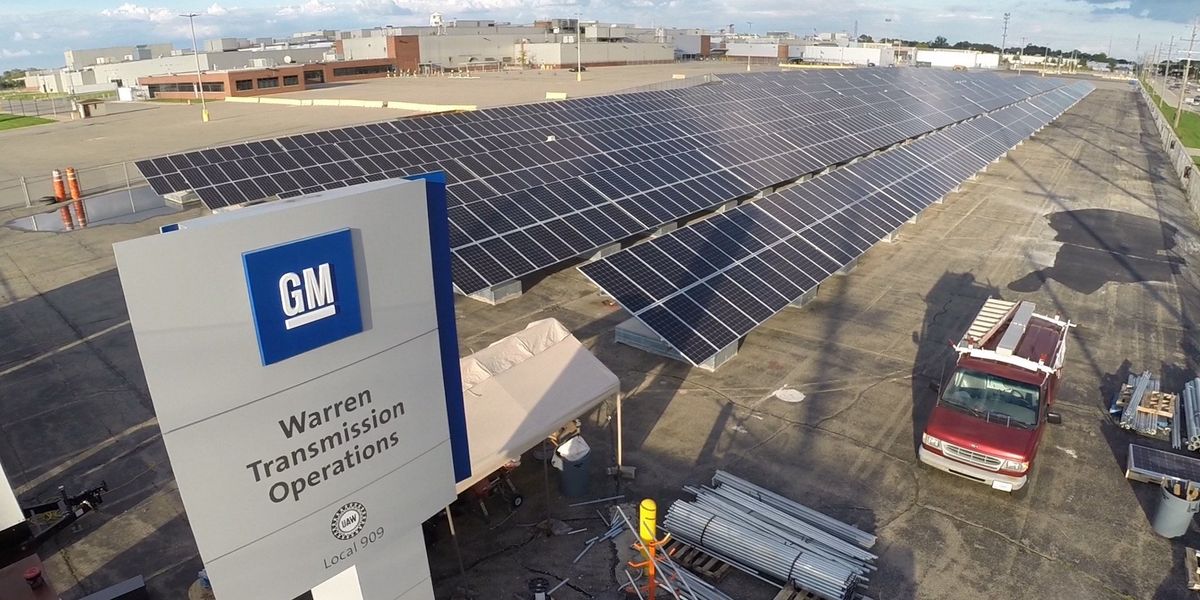joshua trees
California scrambles to save Joshua trees as climate and wildfires intensify
In California’s Mojave Desert, rising temperatures, wildfires and invasive grasses are devastating Joshua trees, prompting state officials to create refuges and stricter regulations to protect the species.
In short:
- Recent wildfires have killed millions of Joshua trees, especially in Mojave National Preserve, altering vital desert ecosystems.
- Climate change threatens Joshua trees by increasing temperatures, reducing rainfall and fueling the spread of invasive, flammable grasses.
- California's new Western Joshua Tree Conservation Act aims to safeguard the species by controlling development and protecting key habitats.
Key quote:
“The temperature is important, but rainfall is really important. If you couple higher temperatures and drier conditions, you are screwed.”
— Cameron Barrows, retired research ecologist, UC Riverside
Why this matters:
Joshua trees are a keystone species in the Mojave Desert, supporting diverse wildlife. Their loss would not only devastate ecosystems but also signal severe impacts from climate change in arid regions.
Climate change is threatening Joshua trees - California will decide whether to protect them
Joshua trees have thrived in the Mojave desert for 2.5 million years, but scientists are worried about their future, and whether they’ll survive the hotter temperatures and drier conditions climate change is bringing.
As climate warms, a rearrangement of world's plant life looms
Previous periods of rapid warming millions of years ago drastically altered plants and forests on Earth. Now, scientists see the beginnings of a more sudden, disruptive rearrangement of the world's flora.
After wildfires, mourning the loss of California's giants
They’re among the world's oldest living things. The climate crisis is killing them
Capturing the songs of a changing climate
Acoustic ecologists are racing to record Earth's shifting soundscapes before they disappear.


















